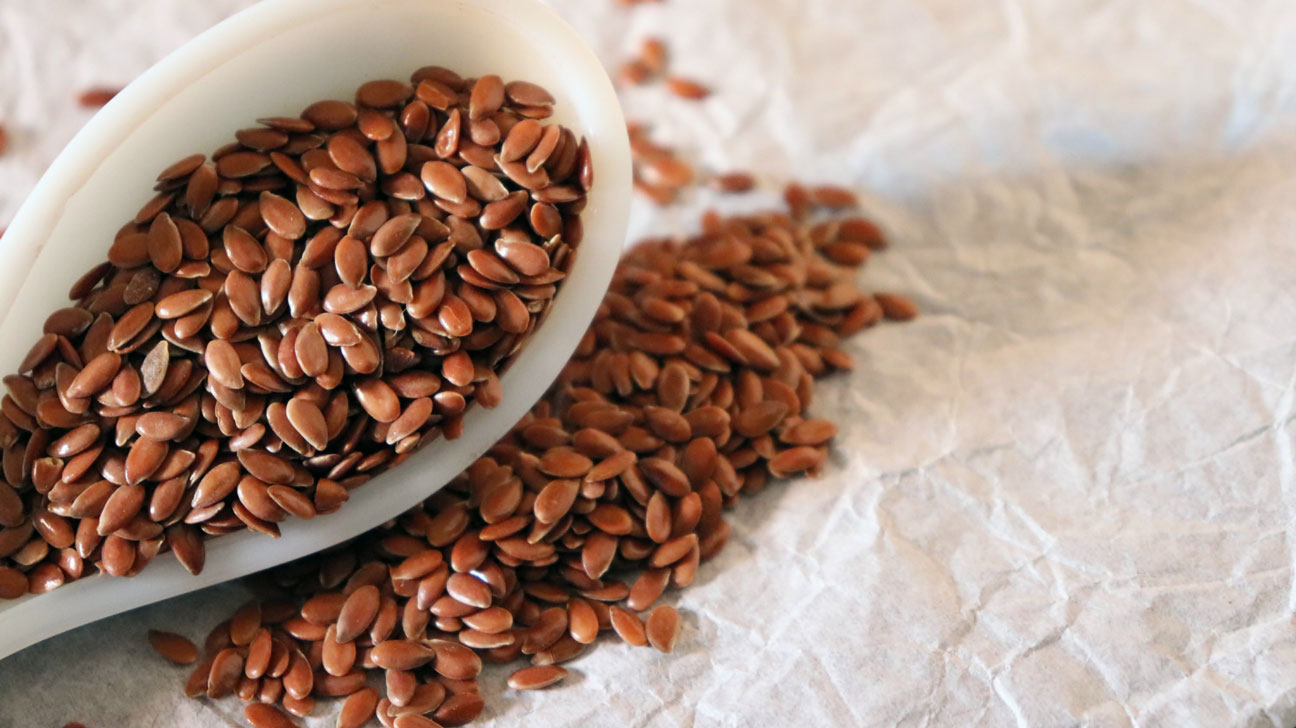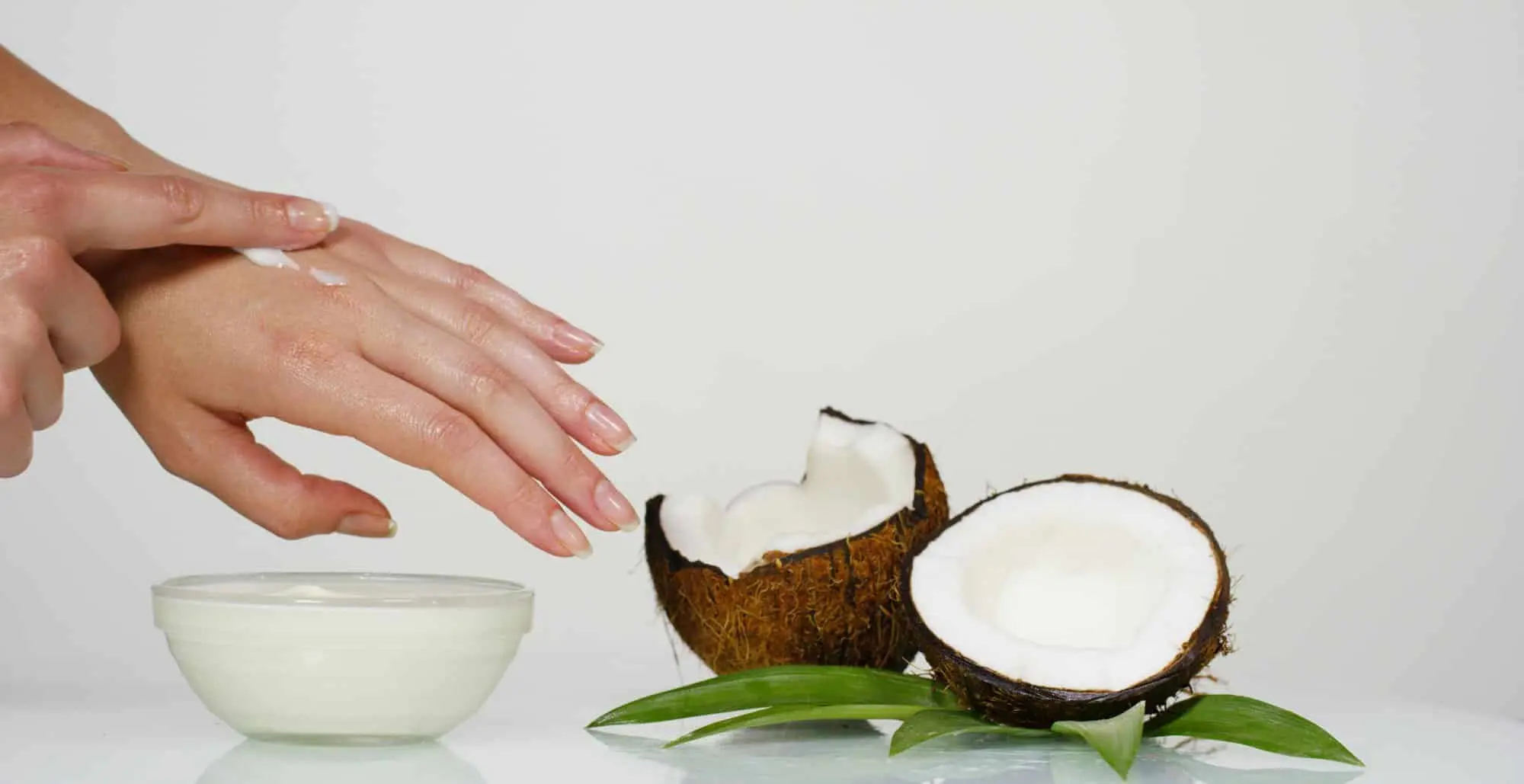Introduction to Limes
Limes, botanically known as Citrus aurantiifolia, are small, round citrus fruits belonging to the Rutaceae family. They are native to Southeast Asia but are now cultivated in tropical and subtropical regions around the world. Limes are valued for their acidic juice and aromatic zest, which add brightness and flavor to a variety of dishes and beverages.
Nutritional Profile of Limes
Limes are low in calories but rich in essential nutrients, including:
Vitamin C
Limes are an excellent source of vitamin C, providing over 20% of the recommended daily intake in just one fruit.
Dietary Fiber
Limes contain dietary fiber, which supports digestive health and may help regulate blood sugar levels.
Vitamin B6
Limes are a good source of vitamin B6, which plays a role in metabolism and nervous system function.
Potassium
Limes contain potassium, an essential mineral that helps regulate blood pressure and muscle function.
Folate
Limes provide folate, a B vitamin important for cell division and DNA synthesis.
Health Benefits of Limes
Immune Support
Limes are rich in vitamin C, which is known to boost the immune system and help the body fight off infections and illnesses.
Antioxidant Protection
The antioxidants found in limes, including vitamin C and flavonoids, help protect cells from oxidative damage caused by free radicals.
Digestive Health
The fiber in limes promotes digestive health by adding bulk to stool and supporting regular bowel movements.
Heart Health
Potassium, a mineral found in limes, is known to support heart health by helping regulate blood pressure and promoting proper muscle function.
Skin Health
Vitamin C plays a vital role in collagen synthesis, which helps maintain healthy skin, promote wound healing, and protect against signs of aging.
Weight Management
Limes are low in calories and contain fiber, which can help promote feelings of fullness and support weight management efforts.
Culinary Uses of Limes
Limes are a versatile ingredient in cooking and baking, as well as in beverages. They can be used in various ways, including:
Juicing
Limes are commonly juiced and used to flavor beverages such as cocktails, lemonades, and limeades.
Zesting
The zest of limes adds bright, citrusy flavor to dishes, sauces, dressings, and desserts.
Marinades and Sauces
Lime juice is often used in marinades for meats, seafood, and tofu, as well as in sauces and salsas.
Desserts
Limes are a key ingredient in many desserts, including key lime pie, lime sorbet, and lime-infused cakes and cookies.
Salads and Dressings
Lime juice can be used to dress salads and add acidity to dressings and vinaigrettes.
Potential Side Effects of Limes
While limes are generally safe for most people when consumed in moderation, excessive consumption may lead to certain side effects, including:
Dental Erosion
The high acidity of limes may erode tooth enamel over time, leading to dental sensitivity and increased risk of cavities.
Gastrointestinal Upset
Some individuals may experience digestive discomfort, such as heartburn or acid reflux, after consuming large amounts of limes or lime juice.
Skin Sensitivity
Direct contact with lime juice on the skin, especially in combination with sunlight exposure, may cause a condition known as phytophotodermatitis, characterized by skin irritation, redness, and blistering.
FAQs about Limes
Are limes and lemons interchangeable in recipes?
Limes and lemons have similar flavors but subtle differences. While they can often be used interchangeably in recipes, keep in mind that limes have a slightly sweeter and more floral flavor compared to lemons.
Can limes help with weight loss?
Limes are low in calories and contain fiber, which can help promote feelings of fullness and support weight management efforts when incorporated into a balanced diet.
Is it safe to consume lime juice every day?
Consuming lime juice in moderation as part of a balanced diet is generally safe for most people. However, excessive consumption may lead to dental erosion or gastrointestinal upset.
Can limes help with indigestion?
Some people find that consuming lime juice may help alleviate symptoms of indigestion or bloating due to its acidic nature. However, individual responses may vary, and it’s essential to listen to your body’s cues.
Are there any medicinal uses of limes in traditional medicine?
In traditional medicine, limes have been used for various purposes, including treating scurvy, promoting digestion, and relieving respiratory symptoms.
Can limes be frozen for later use?
Yes, limes can be frozen for later use. Whole limes can be placed in the freezer for up to six months, while lime juice can be frozen in ice cube trays and stored for several months.
Are there any contraindications for consuming limes?
Individuals with citrus allergies or sensitivities should avoid consuming limes. Additionally, those with gastroesophageal reflux disease (GERD) or acid reflux may experience worsening symptoms after consuming acidic foods like limes.
Conclusion
Limes are not only flavorful additions to culinary creations but also offer a range of health benefits due to their rich nutritional profile. From immune support to digestive health and beyond, limes are versatile fruits that can be enjoyed in various ways. While generally safe for most people when consumed in moderation, it’s essential to be mindful of potential side effects and consult with a healthcare professional if you have any concerns. Incorporating limes into your diet can add zest and vibrancy to your meals while supporting your overall health and well-being.





